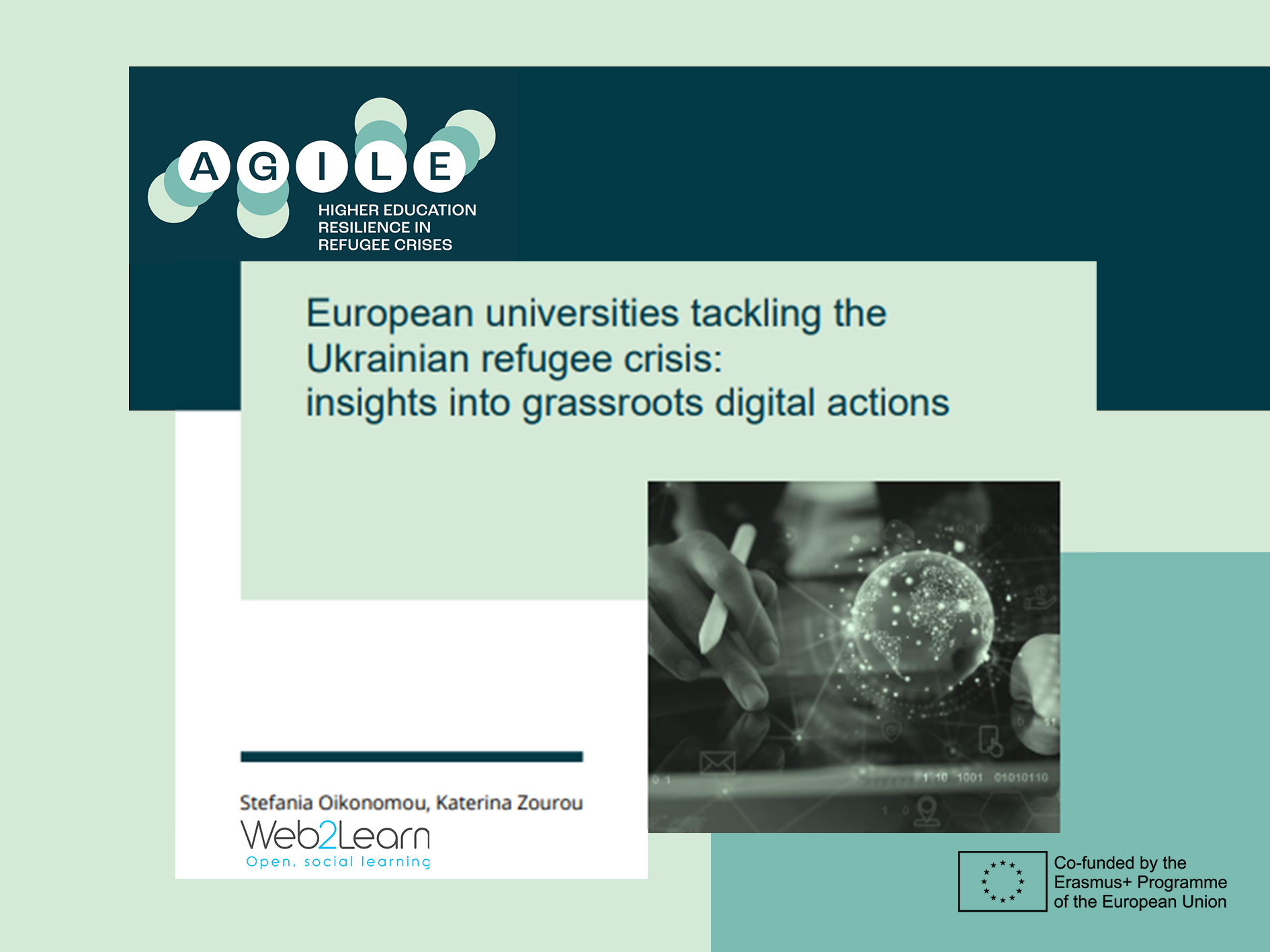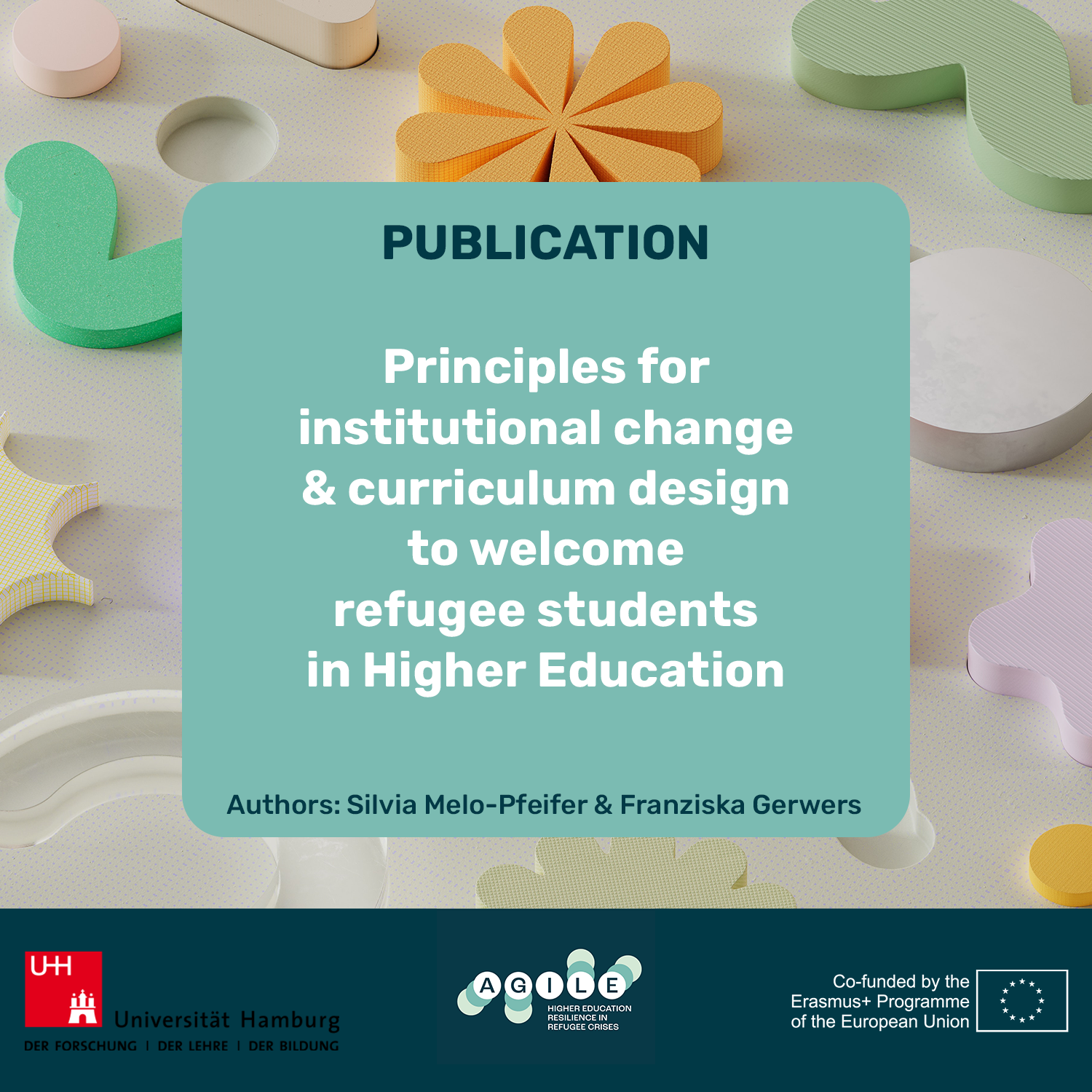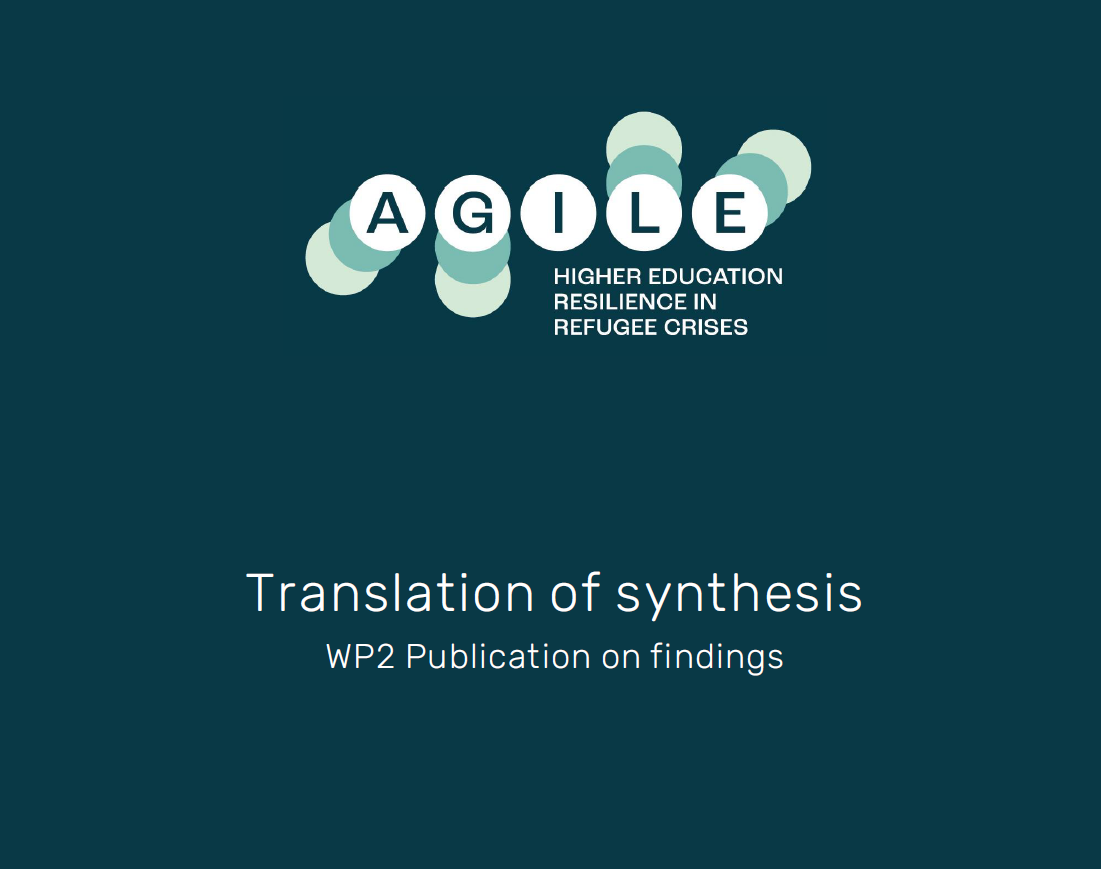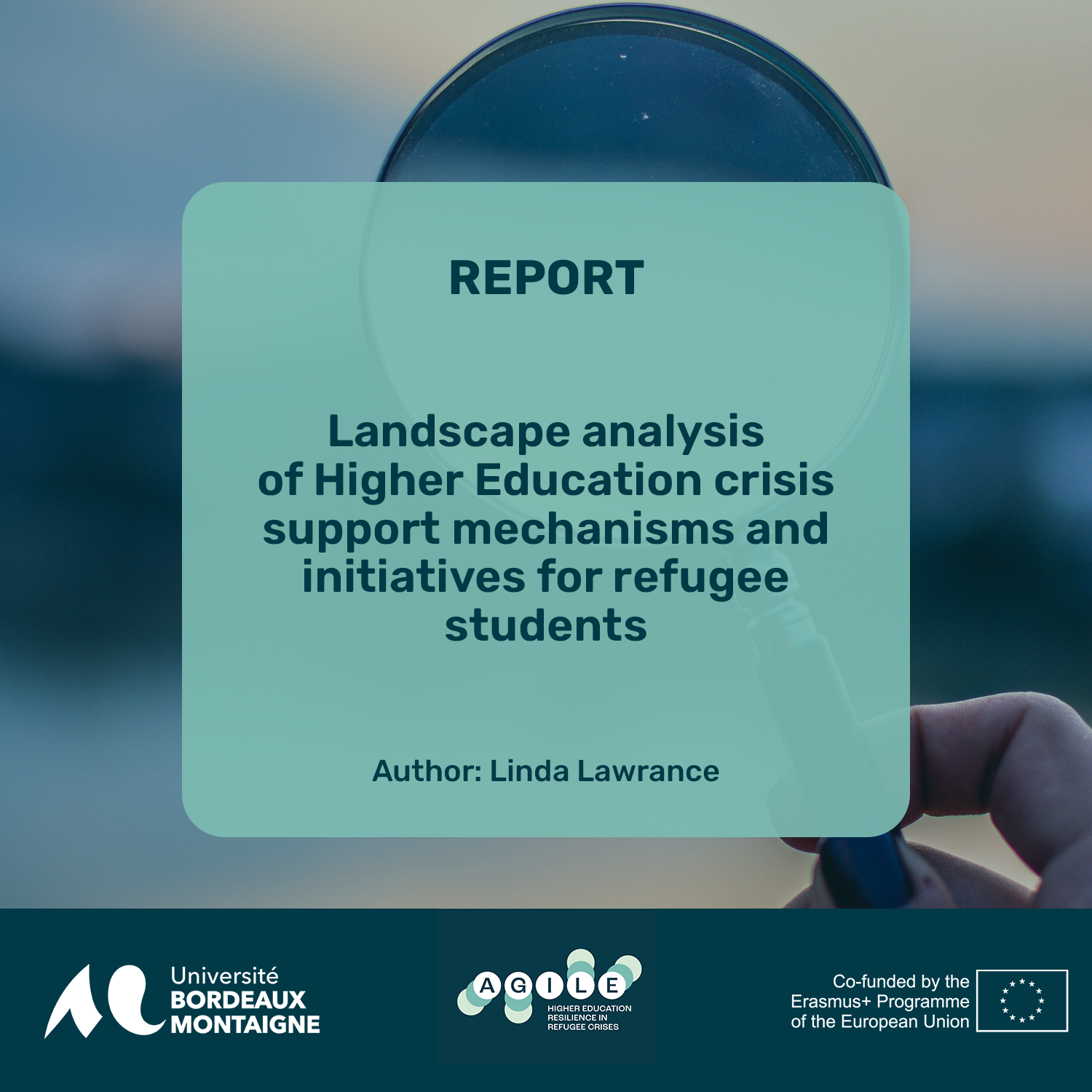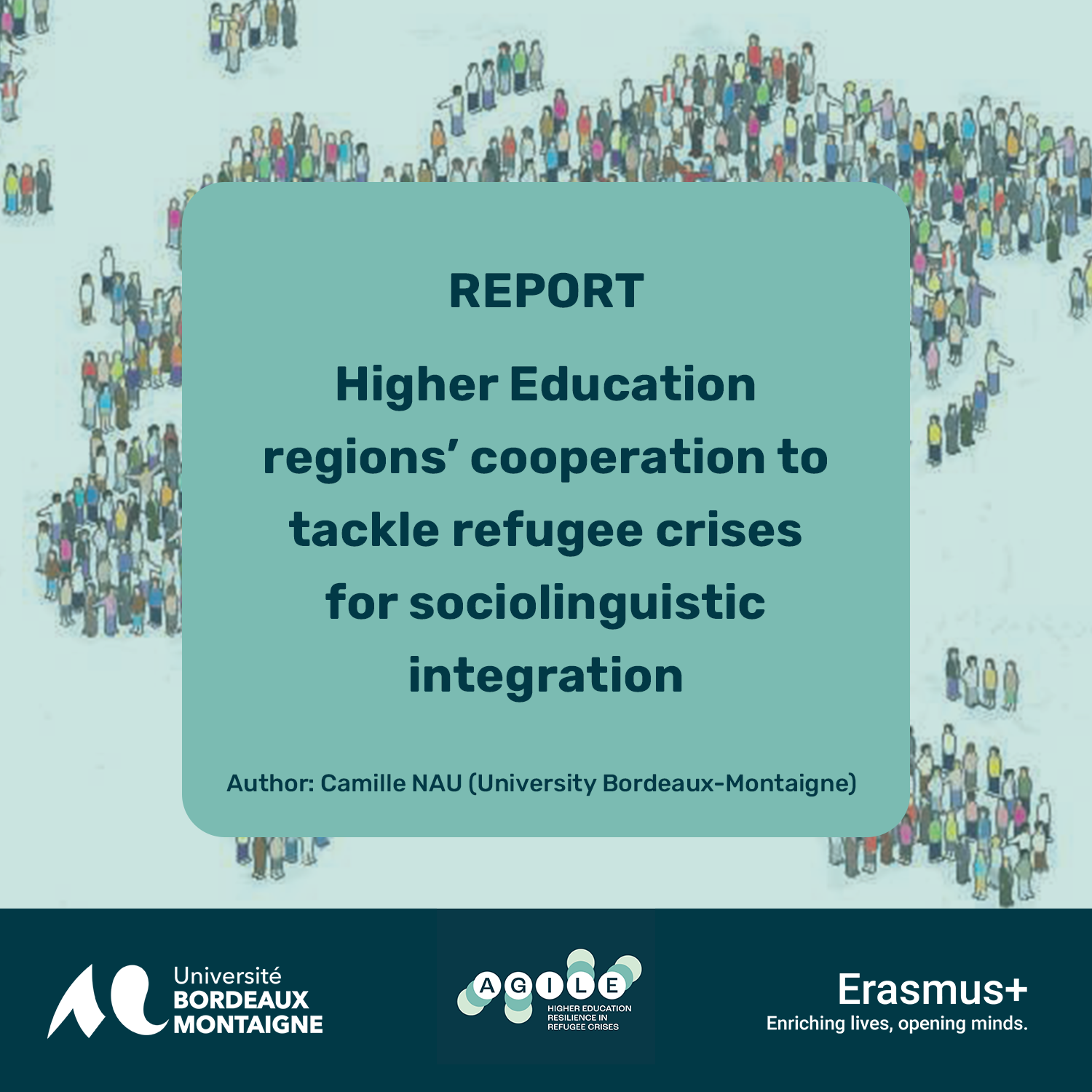Polish Academia Emergency Response: Managing large-scale inflow of Ukrainian refugees in higher education institutions in Poland (2022-2024)
Managing large-scale inflow of Ukrainian refugees in higher education institutions in Poland (2022-2024)
Polish academia was among those communities that immediately addressed the challenges that emerged due to the outbreak of the full-scale Russian aggression against Ukraine on February 24, 2022. Since then, it has remained particularly supportive of Ukrainian refugees, ordinary citizens who bring also a dynamic academic background (students, doctoral candidates and researchers). Acting as unilaterally as institutions but also as a collaborative, collegial network established by the Conference of Rectors of Academic Schools in Poland, Polish universities, research institutions, funding organisations and the Polish Ministry of Science and Higher Education (previously Ministry of Education and Science) managed to handle this unprecedented situation. Collective leadership demonstrated during the crisis by the academic community helped to establish effective mechanisms, legal regulations and platform for communication and sharing the experience.
Engagement of the National Rectors’ Conference – Conference of Rectors of Academic Schools in Poland (CRASP) since day one ensured a comprehensive and coordinated approach to tackling the crisis that allowed all stakeholders (e.g. including Polish Academy of Sciences, Polish National Agency for Academic Exchange NAWA, research funding agencies National Science Centre NCN, National Centre for Research and Development
NCBR) to exchange the knowledge and good practices and establish efficient communication network to ensure better support for Ukrainian refugees in Polish universities.
Polish Universities’ first response to the war took the form of clear statements in solidarity with Ukraine, condemning the Russian war of aggression and termination of collaboration with Russian institutions. Polish higher education institutions immediately launched their aid activities focusing on two main directions: first, acting as a humanitarian hub providing help to refugees from Ukraine, and second, supporting by all possible means their students, doctoral candidates and researchers of Ukrainian origin from before the war. One of the
biggest challenges in this regard was the remaining of some of those students on the territory of Ukraine at the moment of the outburst of the full-scale war. According to data from CRASP, unfortunately, not all of them returned and continued their studies, due to security issues, voluntary mobilisation, formal restrictions for male students or even death or injury due to the war. Polish universities also assisted third-countries foreign students at Ukrainian universities to get evacuated from Ukraine and transported to their countries.
Emergency management was organised in formal ways, such as establishing a crisis group as a grassroots movement. Strong leadership of senior university leaders (rectors and chancellors) was a distinctive feature of the response strategy. Additionally, Polish universities established and implemented special programmes to support Ukrainian students and researchers, including exemption or reduction of tuition fees, language courses,
and dedicated support services and projects.
Furthermore Polish universities engaged in crisis response actions on the local and regional level by providing accommodation in the student dormitories and necessary aid to therefugees as ordinary citizens, mostly women with children. Polish universities were engaged in the organisation of the State External Examination, so-called NMT for Ukrainian school leavers in Poland all around the country, at the request of the Ministry of Education
and Science of Ukraine and facilitated by the Ministry of Education and Science (from 2023 – Ministry of Science and Higher Education) in Poland.
Moreover Polish universities and research institutions provided academic support that accounted for over 300 000 000 Polish zlotys that covered waiving or reduction of tuition fees and dormitory fees, salaries for displaced researchers, support to Ukrainian universities, etc. Together with all main funders’ programmes, the Polish academic response is about half a billion Polish zlotys (more than 100,000 000 Euro) for 2022-2024.
Summing it up, the experience of Polish universities in managing an emergency influx of refugees highlights best practices for crisis response in higher education that can be transferred and applied by other EU HEIs as well (or a sentence that emphasises the value of the Polish experience and actions for other EU HEIs). Strong leadership and the active involvement of university administration have been crucial in mobilising academic communities for effective aid. Pre-existing support for Ukrainian students and staff, including financial assistance, psychological counselling, and legal aid, proved essential in addressing immediate needs. Developing a comprehensive crisis management strategy and establishing a dedicated crisis team enable swift and coordinated actions. Legal adaptations, centralised decision-making, and clear communication help maintain efficiency and transparency.
Language courses and psychological support facilitate refugee integration, while flexible funding and technological solutions enhance the organisation of aid. Lastly, collaboration with external partners, including NGOs and international institutions, strengthens the overall response and supports long-term strategies for refugee integration in higher education across Europe. These measures contribute to a more resilient and inclusive academic environment.
To read the full document, download it here:

